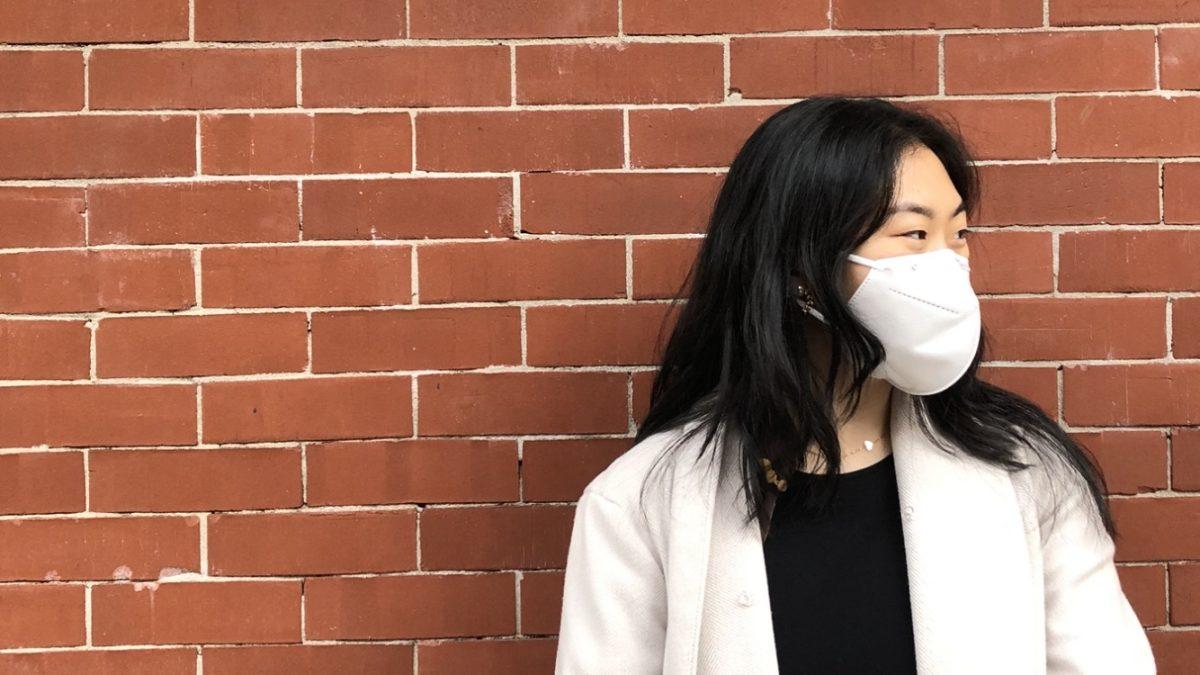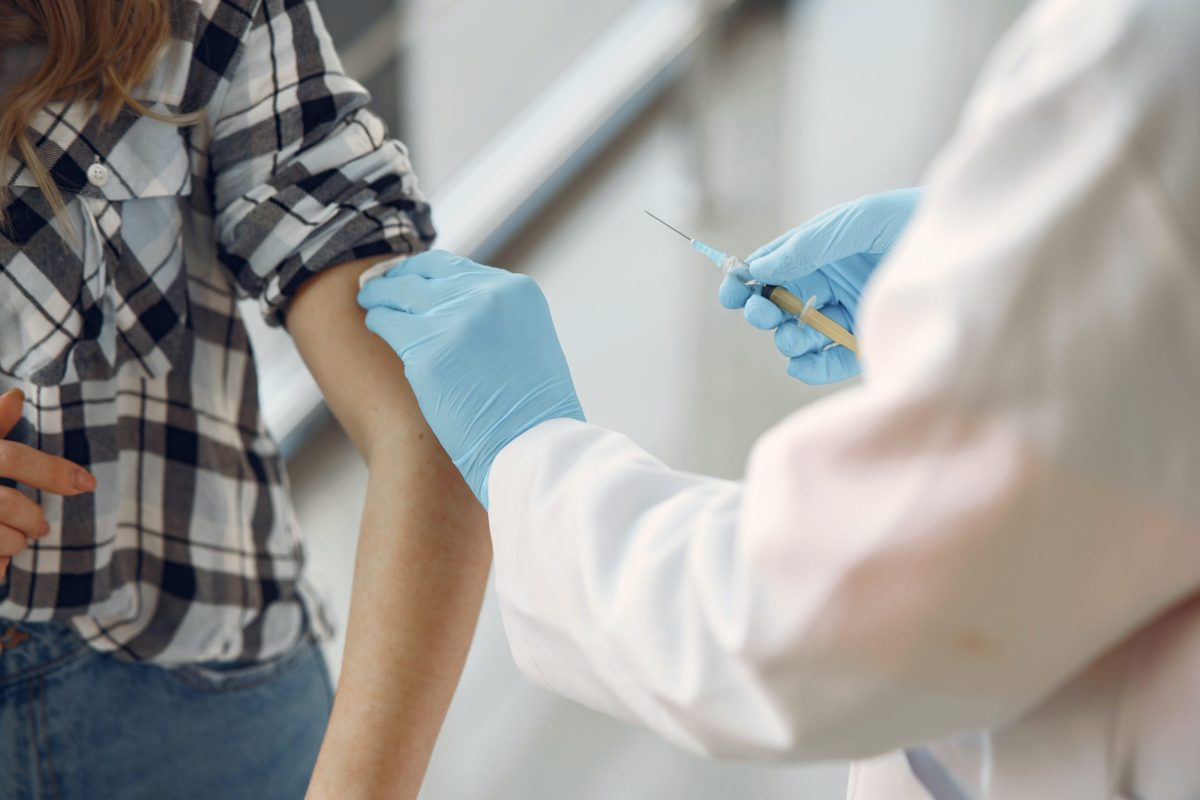The light at the end of the dark tunnel has been seen for quite some time with vaccines developed and distributed across the world. With the Biden administration’s major leap forward in working with vaccine manufacturers, there has been more certainty, though not yet complete certainty, for the American population.
Stanley H. Weiss, MD, chair of the Epidemiology Section of the New Jersey Public Health Association as well as professor at the Rutgers New Jersey Medical School and the Rutgers School Of Public Health, stated that field and local health officials are “receiving now more doses of COVID-19 vaccines, but still nowhere near as much as they’d like. Another change is that they’re getting a little more advanced notice of when they’re going to be received. They were getting lots of surprises until just weeks ago.”
Pfizer and Moderna have already promised to have 300 million Americans fully vaccinated by the end of July before the addition of the Johnson & Johnson vaccine in play, which has just been authorized by Food and Drug Administration this past weekend and is being reviewed by Centers for Disease Control and Prevention as well as Infectious Diseases Society of America. With the addition, the United States might have a surplus of doses available, enough for 400 million people. This is also due to J&J’s being only one dose, as opposed to the two doses necessary for Pfizer’s and Moderna’s.
The J&J dose is currently being put forward as a single shot vaccine. It can be stored in normal refrigerators for months before being administered, allowing for its storage in “primary care offices, pharmacies and community health centers,” said Simone Wildes, an infectious diseases specialist at South Shore Health. The easy-to-access locations will enable even more people to be vaccinated in a shorter amount of time.
ABC News reported that it gives 74% protection against asymptomatic disease, significantly mitigating transmission. Moreover, the vaccine has proven to perform best, with 85% efficacy in the most important cases: severe cases, and 100% efficacy against hospitalizations and deaths across all trial sites. However, Dr. Weiss notes that “the initial data from J&J shows significantly reduced efficacy in older persons, the very persons where among those unvaccinated significantly increased morbidity and death had been demonstrated.”
Professor Weiss stated that the vaccines provided by Pfizer and Moderna have been able to target the variant identified in the United Kingdom, which first was detected in the fall, based on immunogenicity studies. Their clinical trials occurred before these variants had become as prevalent as they are now, and these variants are gaining in prevalence. Thus, Dr. Weiss noted this is a fluid situation, and that the US FDA has just issued new guidance to vaccine manufacturers to take these variants into account.
Professor of Ecology and Evolution of Disease at NJIT Gareth Russell mentioned that “none of the vaccines developed so far are 100% effective, even against the original strain,” leading to most infectious disease experts expecting COVID-19 to remain like the flu. He said that the flu changes each year, and the vaccine administered each season is based on what is expected to come with the virus.
“No one really knows how COVID is likely to evolve! The new variants are more transmissible, but we don’t yet know if they are more or less virulent,” he explained. Russell, however, identified one strange thing about COVID-19, “its ability to transmit asymptomatically, which is highly unusual for what is fundamentally a respiratory illness.” As a result, COVID-19 may evade an evolutionary trade-off between transmissibility and virulence, in which the destructiveness of a virus keeps itself from spreading too much.
While evidence for future variants is not absolute at the moment, something certain is that “there are disparities in vaccination reads in general, not just for COVID-19” according to Stephanie Silvera, epidemiologist and professor in the Public Health Department at Montclair State University. The pandemic has simply “highlight[ed] disparities that have always existed,” referring to the structural inequalities existing by race across the country. Founding director of Salvation and Social Justice and Reverend Charles Boyer described the healthcare system in the nation as “corporatized” and “demarketized” in regards to the coverage. He said it underlines “the major deficit that there’s no public health system in the United States.”
The priority at the moment, according to Weiss, “should be to administer the vaccines in the manner in which they were demonstrated to be effective in the randomized placebo controlled clinical trials,” which he states were done extremely well by the companies. With this hope, however, he is concerned that some vaccinated persons may take the safety precautions that still should be taken, such as mask wearing and social distancing too lightly, since we are still far from a level of herd immunity.
Similarly, Russell claimed that “The biggest failings of our response to COVID-19 are not scientific but social (such as reluctance to wear masks) and logistical (such as insufficient hospital capacity, disorganized vaccine distribution and the global failure to monitor for and share information on emerging diseases).”
Silvera, Boyer, Weiss and Russell have all commented on the causes of and impacts on the COVID-19 pandemic derived from the social elements in the country. With more companies coming up with approved vaccines, the hope of more evenly distributed doses and a safer future is more closely in reach.































